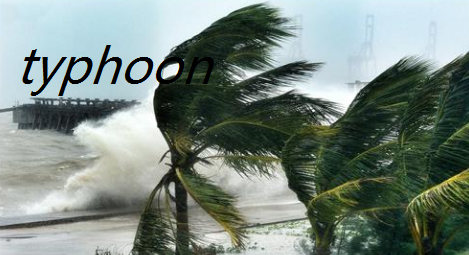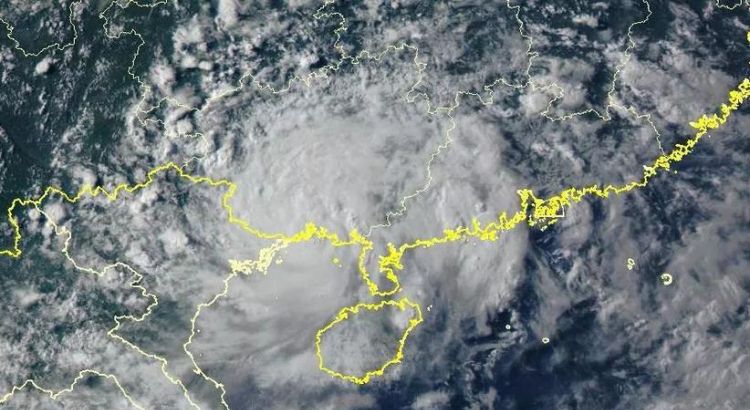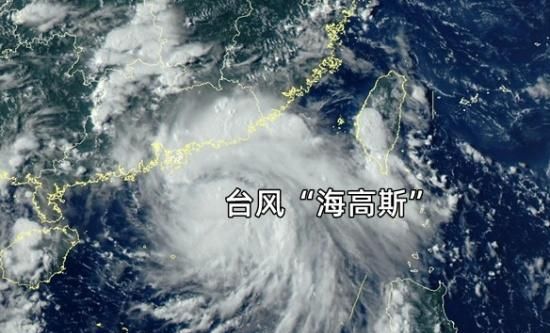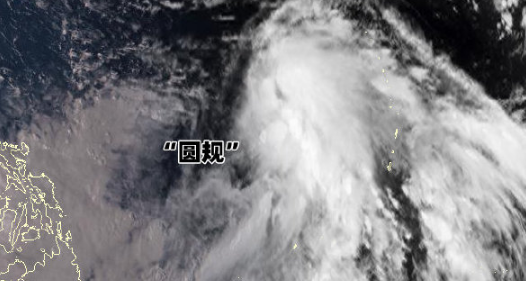本文目录
各种自然灾害用英语怎么说
各种自然灾害用英文的说法如下:
一、地震:earthquakes
读音:['ə:θkweiks]
例句: Earthquakes can result from stresses in the earth's crust.
翻译:地壳应力变化可能会引发地震。
二、洪水:floods
读音:英 [flʌdz] 美 [flʌdz]
例句:The floods are the worst in living memory
翻译:那次洪水是人们记忆中最严重的一次。
三、台风:typhoon
读音:英 [taɪˈfuːn] 美 [taɪˈfuːn]
复数: typhoons
例句:Yesterday a typhoon struck the area.
翻译:昨日台风袭击了这一地区。

四、泥石流:Debris flow
读音:英 [ˈdebriː fləʊ] 美 [dəˈbriː floʊ]
例句:Debris flow is a kind of water and soil loss in nature.
翻译:泥石流是一种特殊的水土流失现象。
四、龙卷风:Tornado
读音:英 [tɔːˈneɪdəʊ] 美 [tɔːrˈneɪdoʊ]
例句:The weather system included the state's deadliest tornado in a decade.
翻译:这次气象灾害包括了我国10年来最致命的龙卷风。
五、塌方、滑坡:Landslide
读音:英 [ˈlændslaɪd] 美 [ˈlændslaɪd]
例句:Their house was buried by a landslide
翻译:的房子在一次塌方中被掩埋。
六、雪崩,山崩:avalanche
读音:英 [ˈævəlɑːnʃ] 美 [ˈævəlæntʃ]
例句:Farmhouses and buildings were swept away in the avalanche.
翻译:雪崩夷平了农场的房子和其他建筑物。
台风的英文是音译吗
typhoon
[tai5fu:n]
n.
[气] 台风
typhoon
ty.phoon
AHD:[tº-f›n“]
D.J.[tai6fu8n]
K.K.[ta!6fun]
n.(名词)
A tropical cyclone occurring in the western Pacific or Indian oceans.
台风:发生在西太平洋或印度洋的热带暴风
Probably alteration of Chinese (Cantonese) toi fung
可能为 汉语(广东话) toi fung的变化
Mandarin tái [great]
普通话 tái [巨大的]
Mandarin f¶g [wind]
普通话 f¶g [风]
Perhaps few words better illustrate the polyglot background of English than typhoon, with its Chinese, Arabic, East Indian, and Greek background. The Greek word typhon, both the name of the father of the winds and a common noun meaning “whirlwind, typhoon,” was borrowed into Arabic (as was many a Greek word during the Middle Ages, when Arabic learning both preserved the classical heritage and expanded upon it, passing it on to Europe). Ù¿f³n,} the Arabic version of the Greek word, passed into languages spoken in India, where Arabic-speaking Moslem invaders had settled in the 11th century. Thus the descendant of the Arabic word, passing into English (first recorded in 1588) through an Indian language and appearing in English in forms such as touffon and tufan, originally referred specifically to a severe storm in India. China, another great empire, gave us yet another word for a storm, in this case the hurricane that occurred in the waters around China. This Chinese word in its Cantonese form, toi fung, was similar to our Arabic borrowing and is first recorded in English guise as tuffoon in 1699. The various forms coalesced and finally became typhoon.
也许很少有单词能像typhoon 一样表明汉语、阿拉伯语、东印度语和希腊语的多国语言背景。 希腊单词typhon 既是风神的姓名又是意为“旋风,台风”的普通名词, 被借入到阿拉伯语(就象在中世纪时许多希腊语单词进入阿拉伯语一样,那时,阿拉伯人的学问保存了古典的风格,同时在把它传向欧洲时又有所扩充)。Tufan ,希腊语的阿拉伯语形式, 传入到了印度人使用的语言,11世纪时讲阿拉伯语的穆斯林入侵者在印度定居下来。这样,阿拉伯语单词的衍生,从印度语言进入英语(最早记载于1588年),并以如touffon 和 tufan 的形式出现于英语中, 最先特指印度的猛烈风暴。中国,另一个大帝国,给了我们风暴的另一个单词,这里指的是在中国附近洋面发生的飓风。汉语单词的广东语形式toi fung 同我们的阿拉伯语借用词相近, 最早以tuffoon 的形式于1699年载入英语。 各种形式合并在一起最后变成了typhoon

台风用英语怎么说单词
typhoon (n.)
1. 台风[C]
A typhoon in 1954 sank a ferry, drowning 1,218 people.
一九五四年的一次台风刮沉了一艘渡轮,淹死一千二百十八人。
以上结果由 Dr.eye译典通字典 提供

台风来了用英语怎么说
台风typhoon。
例句:
1、它称这次台风为韩国多年来最严重的自然灾害。
It has called the typhoon the worst natural disaster in South Korea in many years.
2、台风横扫日本中部大部分地区,留下死亡的足迹和满目疮痍。
The typhoon has left a trail of death and destruction across much of central Japan.

3、那一地区的所有建筑都已加固,以抵御台风侵袭。
All buildings in that area have been reinforced to withstand typhoons.
4、台风侵袭沿海地区。
The typhoon hit the coastal areas.
5、台风后一片混乱。
The typhoon left chaos behind it.
以上就是关于台风英语怎么说读发音 ,各种自然灾害用英语怎么说的全部内容,以及台风英语怎么说读发音 的相关内容,希望能够帮到您。
